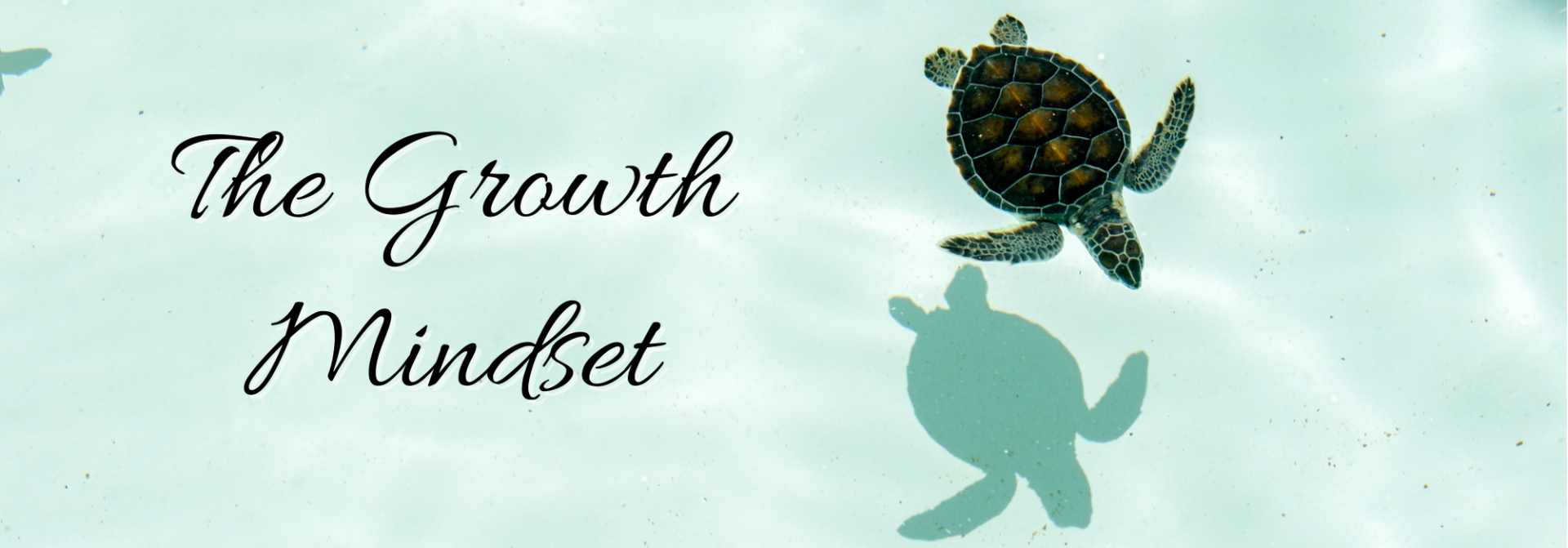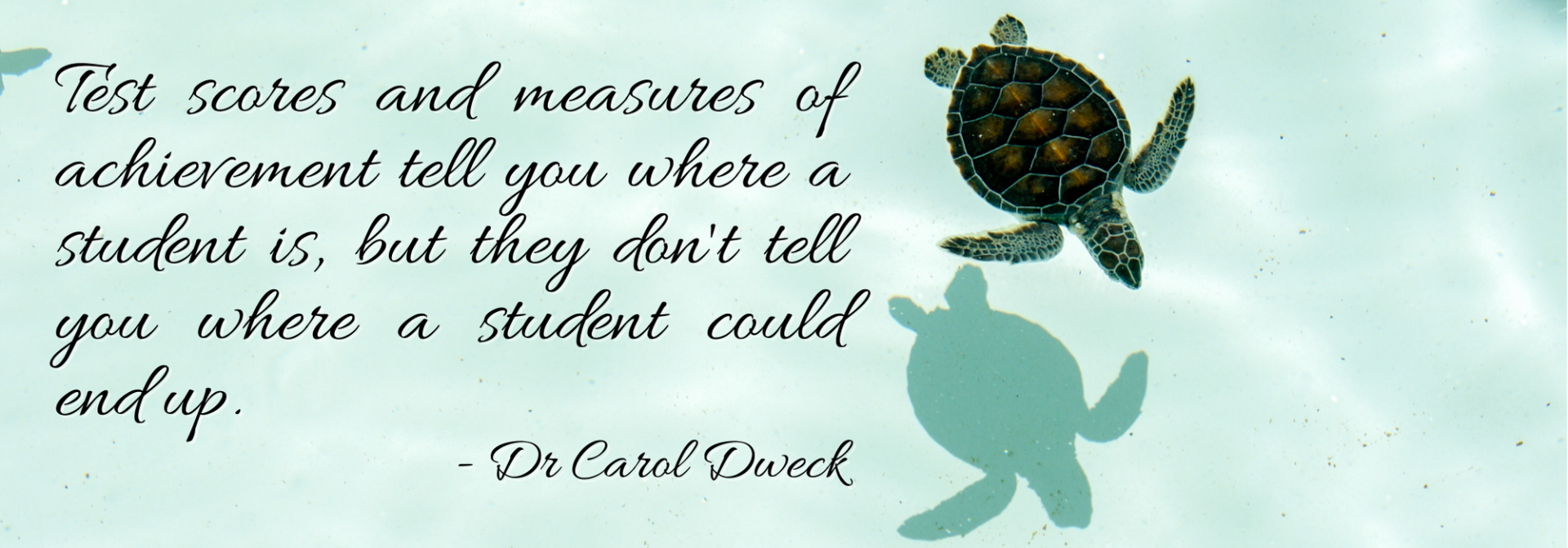
The Growth Mindset
24 June 2021
Let us begin with a personal story.
When the editor of this article was just 5, he hesitantly stepped into a swimming pool for the first time, afraid for his life. 30 minutes later, he was ready to call it quits on his meagre attempts to pick up swimming. After much convincing and some chastisement from his friends and swimming coach, he begrudgingly agreed to try at least for another 3 sessions. 2 years later, he had grown proficient enough to begin a life-savers programme at the tender age at 7.
Much like the editor’s early encounters with swimming, life will present all of us with moments that bring us out of our comfort zones, and there may be the temptation to quit when we find ourselves sinking. However, do we realize that it is in these moments where we grow, and (perhaps by circumstance rather than choice), we develop our skills and talents over time?
The Growth Mindset, as shared by Psychologist Dr Carol Dweck and colleagues, is based on this idea. Grounded on the belief that a person’s capacities and talents can be improved over time, such a mindset encourages us to flourish amidst life’s circumstances, rather than to remain fixated on what “has always been”, or “cannot be changed”. Here are some differences between the Growth Mindset and the Fixed Mindset.
Which one resonates more with you?

While it is quite a helpful tool in helping us grow as people, the Growth Mindset needs to be cultivated and practiced over time. Here are three common misconceptions about it:
MISCONCEPTION 1: I already have it, and I always have
A Growth Mindset needs to be cultivated and nurtured. It is not simply possessing “ideal” qualities such as being adaptable, or having an open mind or positive outlook on life.
We also must acknowledge that we will not have a “pure” growth mindset. Everyone will have a mixture of fixed and growth mindsets, and this mixture evolves through our life experiences.
MISCONCEPTION 2: A Growth Mindset is just about praising and rewarding effort
Contrary to popular belief, the Growth Mindset does not simply ignore outcomes. However, outcomes only matter insofar as they assist in distinguishing between productive and unproductive effort (or work that helps one achieve progress, or one that does not). Unproductive effort is an indication that changes need to be made to improve the way something is done.
The Growth Mindset does, however, emphasize the processes that lead to these outcomes. Such processes could include seeking guidance and mentorship, trying creative strategies, and learning from past endeavours to improve in the future.
MISCONCEPTION 3: Just espouse a growth mindset, and good things will happen
Whether applied in a personal or organizational setting, the Growth Mindset needs to be translated into concrete and realistic action steps. For instance, some situations, such as the editor’s swimming lessons, involve a certain degree of calculated yet appropriate risk-taking. Others might warrant an increase emphasis on collaborative processes rather than competition, and a focus on more holistic, rather than output-centric development.

Cultivating the Growth Mindset is definitely no easy feat, particularly in this fast-paced and competitive society we live in. More so for our children, who seem to be consumed by the centrality of grades in today’s schooling environment. However, with time and effort, it is something that will indeed reap great benefits to us and our family lives.
Will we choose to take that step out into the deep today?
Carol Dweck is the Lewis & Virginia Eaton Professor of Psychology at Stanford University and the author of Mindset: The New Psychology of Success.
Adapted from:
Dweck, C. (2016). What Having a “Growth Mindset” Actually Means (leadlocal.global).
